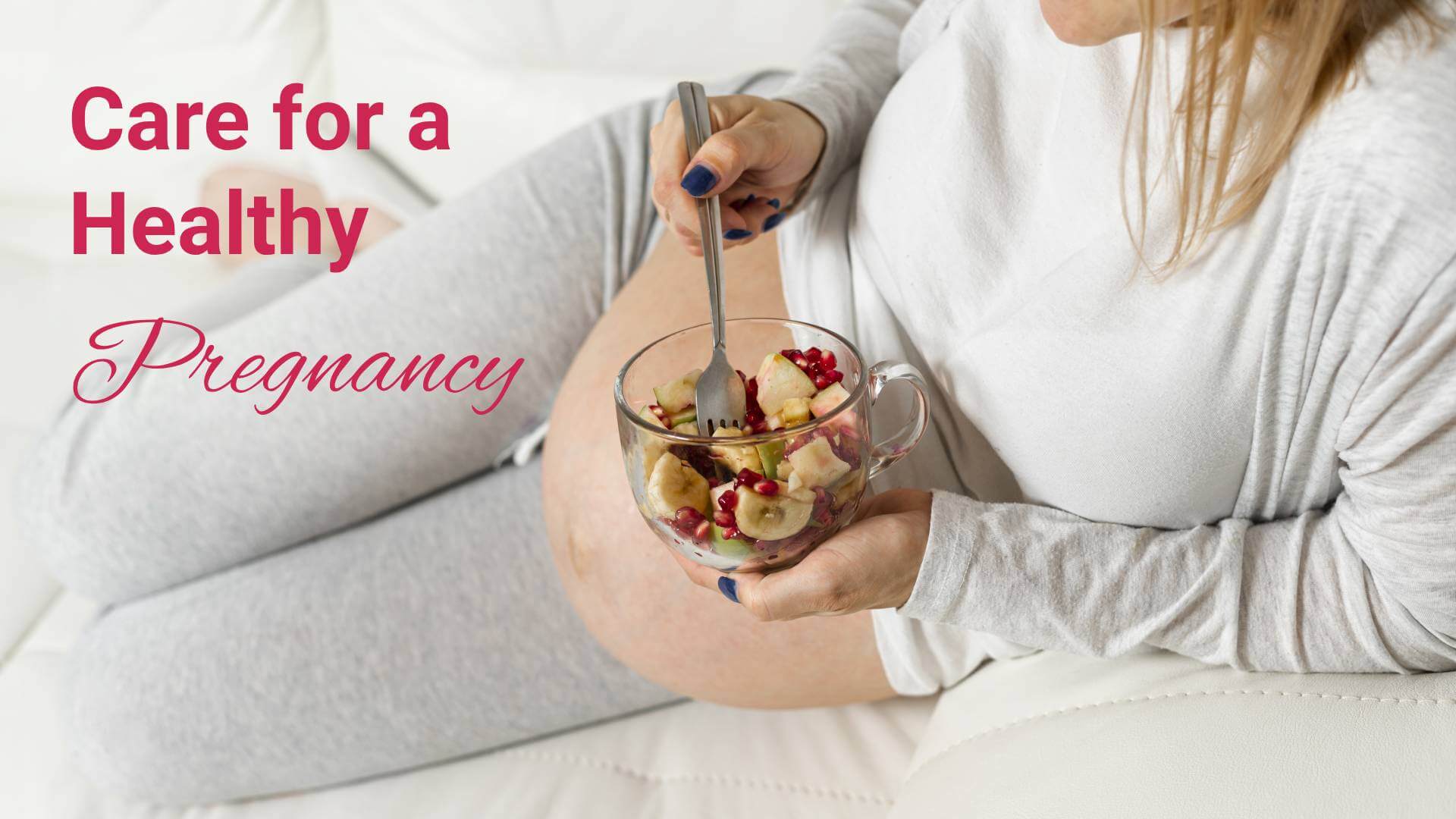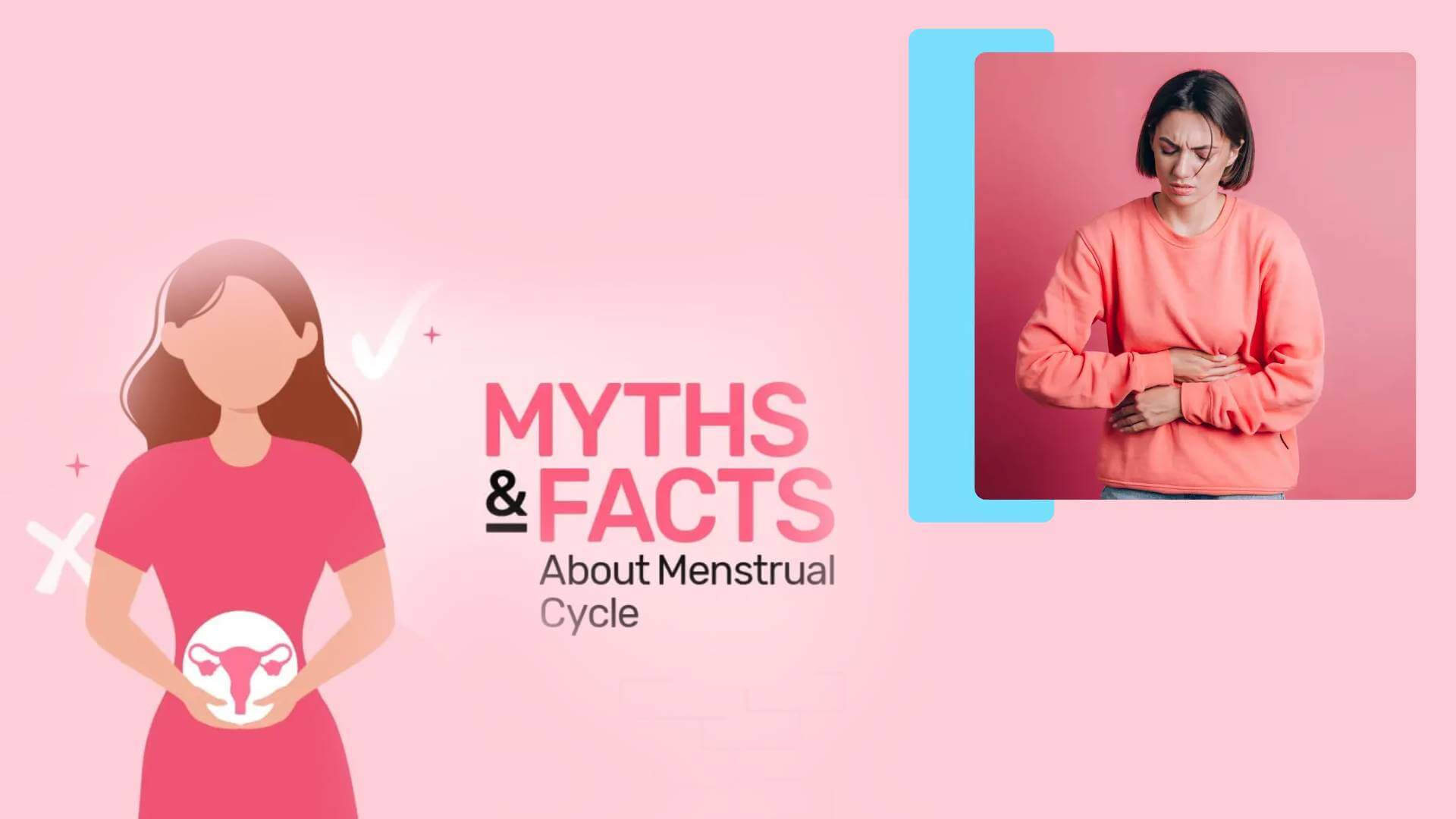
The Importance of Prenatal Care for a Healthy Pregnancy
Pregnancy is a transformative journey, and understanding the importance of
prenatal care for a healthy pregnancy is essential for every mother-to-be.
Regular antenatal check-ups support the well-being of both the mother and the growing baby, helping prevent complications and ensuring safe delivery outcomes.
At our clinic, Dr. Nitasha Gupta – leading gynecologist in Panchkula provides evidence-based prenatal care backed by global medical guidelines from the WHO, CDC, ACOG, and NICHD (National Institute of Child Health and Human Development).
1. Early Detection and Management of Risks
Regular prenatal visits allow doctors to detect concerns such as high blood pressure, anemia, thyroid disorders, gestational diabetes, or preeclampsia early. The NHS notes that early diagnosis significantly reduces pregnancy complications.
Expecting mothers searching for a gynecologist near me or an IVF specialist in Chandigarh often begin their journey with proper prenatal screening.
2. Fetal Development Monitoring
Antenatal care includes regular ultrasounds, fetal growth scans, and blood tests to ensure the baby is developing normally. These evaluations help detect structural or developmental concerns early and allow timely treatment.
You can also review fetal development milestones at the official March of Dimes – Fetal Development Guide. Parents also get the opportunity to bond with their baby while understanding each stage of fetal development.
3. Nutritional Guidance
A healthy diet is essential for fetal growth and maternal well-being. Prenatal care provides personalized guidance on:
- Balanced meals rich in iron, calcium, and folate
- Recommended prenatal supplements (as advised by a doctor)
- Hydration routines
- Avoiding harmful foods and substances
For trusted nutrition recommendations, see the Academy of Nutrition & Dietetics Pregnancy Guide. Proper nutrition lowers the risk of low birth weight, anemia, and developmental delays.
4. Emotional Support and Pregnancy Education
Pregnancy can bring emotional highs and lows.
Prenatal visits offer a safe space to discuss concerns, mental health, postpartum care, breastfeeding, and delivery expectations. Being well-informed boosts confidence and reduces anxiety in new parents. For emotional health support during pregnancy, refer to American Psychological Association – Pregnancy Mental Health.
5. Preparation for Labor and Delivery
Prenatal care includes planning for labor, choosing birthing options, understanding pain-relief methods, and creating a birth plan.
When expectant parents understand their choices, they feel more in control and prepared for delivery. Helpful labour preparation insights: Lamaze International – Childbirth Education.
Helpful Internal Links
Conclusion
Prenatal care for a healthy pregnancy lays the foundation for safe motherhood and healthy baby development.
With regular check-ups, proper nutrition, fetal monitoring, and emotional support, expectant parents can enjoy a smoother and safer pregnancy journey.
To receive personalized, advanced, and compassionate antenatal care, schedule a visit with Dr. Nitasha Gupta – Best Gynecologist & IVF Specialist in Panchkula.
Frequently Asked Questions (FAQs)
Q1. When should I start prenatal care?
Ideally, prenatal care should begin as soon as you confirm your pregnancy—or within the first 6–8 weeks.
Q2. How often should I visit during pregnancy?
Every 4 weeks until 28 weeks, every 2–3 weeks until 36 weeks, and weekly thereafter. This schedule follows ACOG recommendations.
Q3. What tests are done during prenatal care?
Ultrasounds, blood tests, thyroid profiling, urine tests, glucose screening, genetic evaluations, and trimester-specific scans.
Q4. Is prenatal nutrition important?
Yes. Nutrients like folic acid, calcium, DHA, and iron significantly support fetal brain and bone development.
Q5. Can prenatal care prevent complications?
Yes. Early monitoring reduces risks of preeclampsia, gestational diabetes, growth issues, and preterm birth.













